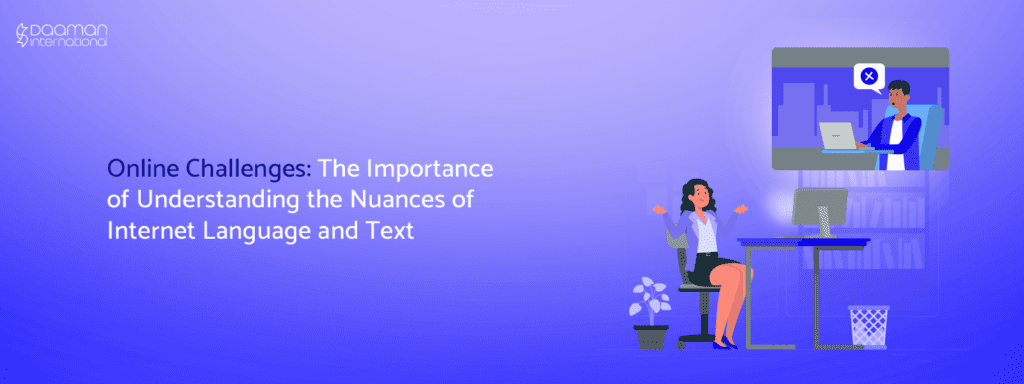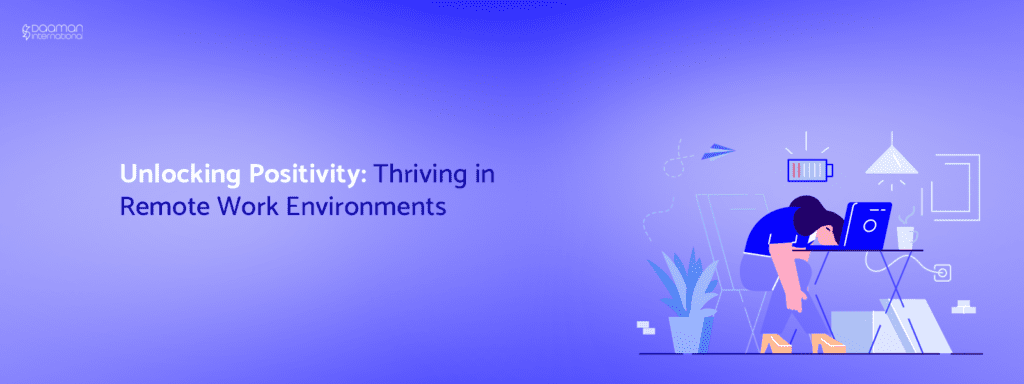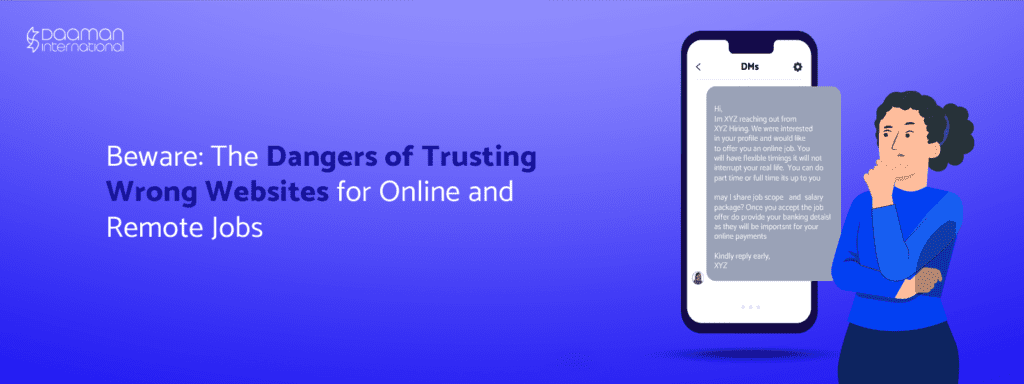Online Challenges: The Importance of Understanding the Nuances of Internet Language and Text.
Communication has transcended traditional boundaries and become a world where words dance across the screen, often filled with layers of meaning and nuance. From casual conversations to professional conversations, mastering the language of the Internet and interpreting text sounds has become an invaluable skill that is crucial to navigating the digital jungle. One of the most important challenges in online communication is interpreting text sounds. Unlike face-to-face communication, where vocal intonation and facial expressions provide context, digital conversations are based solely on the written word. As a result, tone and body language can eliminate sentences that may seem inherently innocent, leading to misinterpretation. Understanding the subtle cues embedded in text can avoid misunderstandings and promote smoother communication. Punctuation, or the lack of it, is another important part of digital communication. In the fast-paced world of instant messaging and social media, traditional punctuation often takes a back seat. Sentences may lack periods, commas, or other grammatical markers, causing ambiguity or confusion. However, a lack of punctuation can also convey informality or urgency, reflecting the spontaneity of an online conversation. Recognizing these nuances allows people to adjust their communication style accordingly and effectively convey their desired message. In addition, acronyms, abbreviations and slang characterize the language of the Internet, which is shorthand for digital natives. From LOL (laugh out loud) to BRB (right rear), these expressions facilitate effective communication in online communities. However, for those unfamiliar with the lingo of the Internet, deciphering these secret codes can be like deciphering a foreign language. Knowing common terms and expressions not only increases understanding, but also increases the feeling of belonging to the digital space. In addition to abbreviations, deliberate manipulation of language, such as adding extra letters or emotional punctuation, plays a crucial role in shaping. language text tone . For example, adding multiple letters to the word “hello” (such as “helloooo”) can convey enthusiasm or warmth, while excessive exclamation marks can convey excitement or emphasis. On the contrary, the lack of decorations can mean formality or restraint. People who are aware of these subtle cues can discern underlying emotions and intentions, enriching their digital interactions. In addition, cultural and generational factors influence the development of nuances of language and text online. What is considered friendly and informal in one context may be interpreted as disrespectful or unprofessional in another. In addition, the rapid spread of memes, GIFs, and emoticons has introduced a visual dimension to online communication that further complicates interpretation. Adapting to these cultural changes and understanding context are essential for effective digital communication between different audiences. Finally, the ability to navigate the complexities of Internet language and textual nuances is paramount in the digital age. By controlling text tone, interpreting punctuation (or lack thereof) and understanding the subtleties of online language, people can communicate more effectively and avoid misinterpretations. Embracing these nuances not only improves communication skills, but also fosters meaningful connections across the breadth of the digital jungle..










